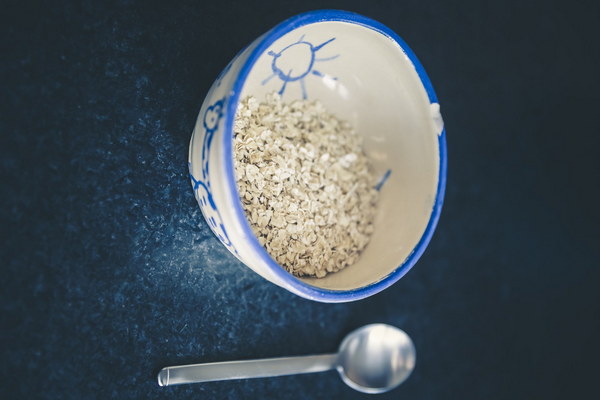Revitalize Your Lungs A Comprehensive Guide to Professional Lung Care and Breathing Techniques
Introduction:
In the fast-paced world we live in, taking care of our lungs often takes a backseat to other health concerns. However, lung health is crucial for overall well-being and vitality. This article delves into the professional techniques and practices that can help you nurture and revitalize your lungs, ensuring they function optimally and provide you with the energy and health you deserve.
I. Understanding the Importance of Lung Health
The lungs are vital organs responsible for oxygenating the blood and removing carbon dioxide. They play a pivotal role in the respiratory system, making every breath we take essential. Poor lung health can lead to a range of issues, from mild discomfort to severe respiratory diseases. Therefore, it is imperative to adopt practices that support lung function and prevent any potential complications.
II. Professional Lung Care Techniques
1. Breathing Exercises: Deep breathing exercises, such as pranayama and diaphragmatic breathing, can significantly improve lung capacity and oxygenation. These techniques involve controlled breathing patterns that enhance lung expansion and help to clear out stale air.
2. Pulmonary Rehabilitation: A specialized program designed for individuals with chronic lung diseases like COPD or asthma, pulmonary rehabilitation combines exercise, education, and breathing techniques to improve lung function and overall quality of life.
3. Steam Therapy: Inhaling steam from a hot bath or using a steam inhaler can help to relax the bronchial muscles, reduce inflammation, and clear mucus from the lungs. This can be particularly beneficial for those with chronic bronchitis or sinusitis.
4. Hydration: Drinking plenty of fluids helps to keep the respiratory tract moist, making it easier for the lungs to expel mucus and reduce the risk of infections. Aim for at least eight glasses of water per day.
5. Avoiding Harmful Substances: Quitting smoking, avoiding secondhand smoke, and reducing exposure to air pollutants are essential steps in preserving lung health.
III. Lifestyle Modifications for Lung Health

1. Regular Exercise: Engaging in regular physical activity, such as walking, jogging, or swimming, can improve lung function and boost cardiovascular health. Aim for at least 150 minutes of moderate-intensity exercise per week.
2. Healthy Diet: A balanced diet rich in fruits, vegetables, whole grains, lean proteins, and healthy fats can provide essential nutrients that support lung health.
3. Stress Management: Chronic stress can negatively impact lung function. Techniques such as meditation, yoga, and deep-breathing exercises can help manage stress levels and promote overall well-being.
IV. Monitoring Lung Health
Regular check-ups with a healthcare professional can help monitor lung function and detect any early signs of respiratory diseases. Pulmonary function tests and other diagnostic tools can provide valuable insights into your lung health.
Conclusion:
Nurturing your lungs is an investment in your health and quality of life. By incorporating professional lung care techniques, making lifestyle modifications, and staying vigilant about your lung health, you can ensure that your respiratory system remains robust and efficient. Remember, every breath is a gift, and taking care of it is a gift to yourself.









